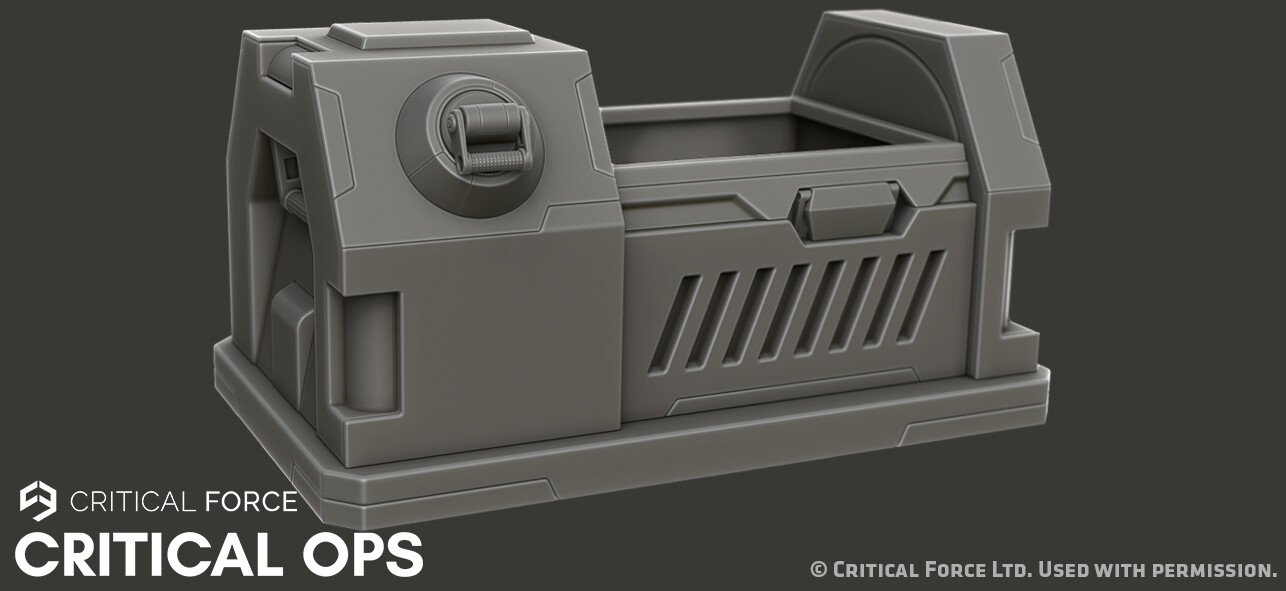

Applying critical thinking in work situations will improve your performance and the company’s chances of succeeding.

Valuable critical thinking examplesĪ company is a sum of the decisions taken by its management and employees.
#Critical ops cases trial#
Any working system results from a long process of trial and error and properly understanding the steps that needed to be taken for a positive result could help you be more efficient in your own endeavors. Structural questionsĪn easy way to understand something is to ask how something works. This can help you develop your critical thinking by providing you real-world examples. You can gain insight by asking a person to reflect and evaluate an experience and explain their thought processes during that time. Asking someone how they would act in a certain hypothetical situation will give you an insight into their own critical thinking skills and help you see things you hadn’t thought about before.

When you feel like another person’s experience and skills could help you work more effectively, consider asking outcome-based questions. These are questions that don’t allow a simple “yes” or “no” answer, requiring the person who receives the question to elaborate on the answer. Open-ended questionsĪsking open-ended questions can help the person you’re speaking to provide you with relevant and necessary information.
#Critical ops cases professional#
In both private and professional situations, asking the right questions is a crucial step in formulating correct conclusions. For example, if your restaurant’s waitstaff needs to improve service speeds, you could consider reassigning some of their duties to bussers or other kitchen personnel so the servers can deliver food more quickly. The ability to correctly analyze a problem and work on implementing a solution is another valuable skill. For example, if you plan to conduct a meeting in a certain way and your partner suggests using a different strategy, you could hear them out and adjust your approach based on their input. By acknowledging these biases, you can improve your critical thinking and overall decision process. Previous education and life experiences leave their mark on a person’s ability to objectively evaluate certain situations. Creativity is a skill that can be strengthened over time and is valuable in every position, experience level and industry. When analyzing a work procedure or process, you can creatively come up with ways to make it faster and more efficient. Creative thinkingīeing able to discover certain patterns of information and make abstract connections between seemingly unrelated data will improve your critical thinking. If you’re making a work-related decision, proper communication with your coworkers will help you gather the information you need to make the right choice. Getting people to share their ideas and information with you and showing your critical thinking are components of success. Whether you use it for gathering information or convincing others that your conclusions are correct, good communication is crucial in the critical thinking process. When researching a work topic, analytical thinking helps you separate the information that applies to your situation from that which doesn’t. This implies gathering information and interpreting it, but also skeptically evaluating data. Analytical thinkingīeing able to properly analyze information is the most important aspect of critical thinking. There are six main skills you can develop to successfully analyze facts and situations and come up with logical conclusions: 1. Time is a valuable resource for most managers, and an employee able to make correct decisions without supervision will save both that manager and the whole company much valuable time.

Why do employers value critical thinking?Ĭritical thinking skills are a valuable asset for an employee, as employers typically appreciate candidates who can correctly assess a situation and come up with a logical resolution. Problem solving: The process of gathering, analyzing and communicating information to identify and troubleshoot solutions. Inference: Drawing conclusions based on relevant data, information and personal knowledge and experience.Ĭommunication: Sharing and receiving information with others verbally, nonverbally and in writing. Observation: The ability to notice and predict opportunities, problems and solutions.Īnalysis: The gathering, understanding and interpreting of data and other information.


 0 kommentar(er)
0 kommentar(er)
